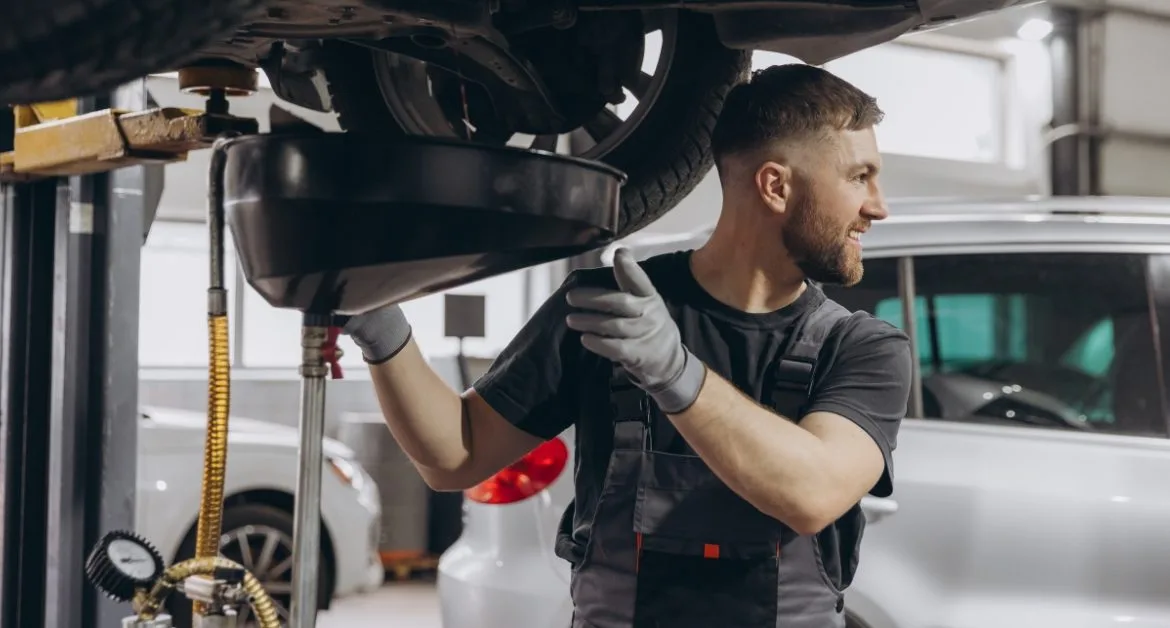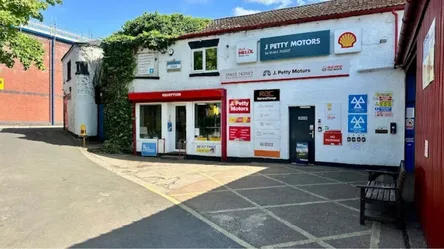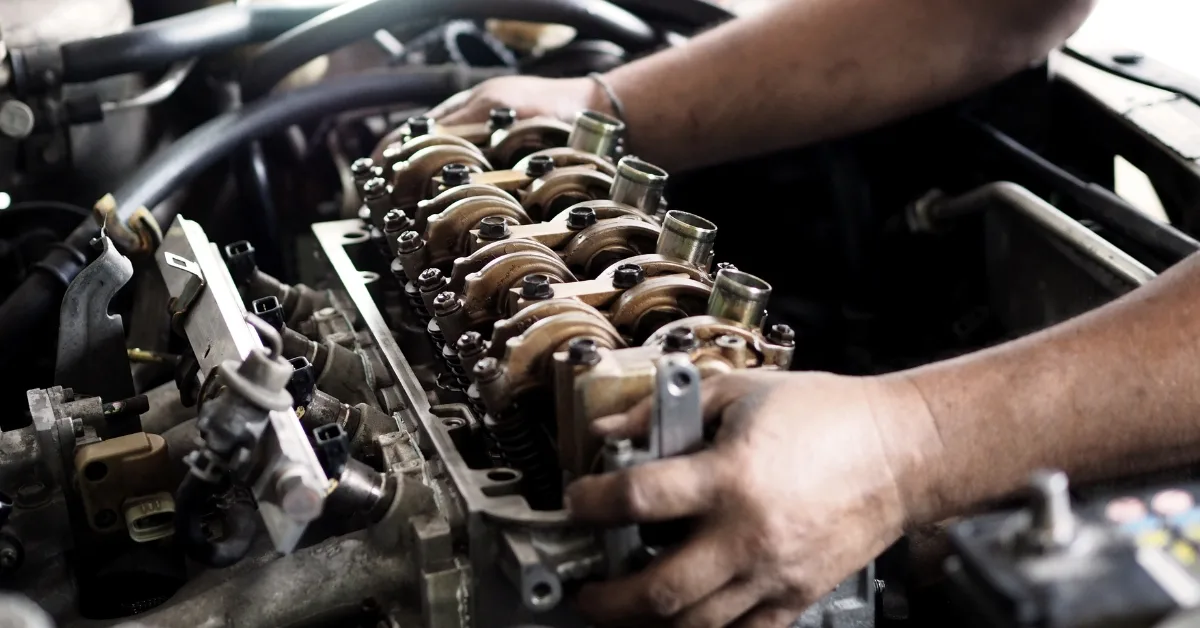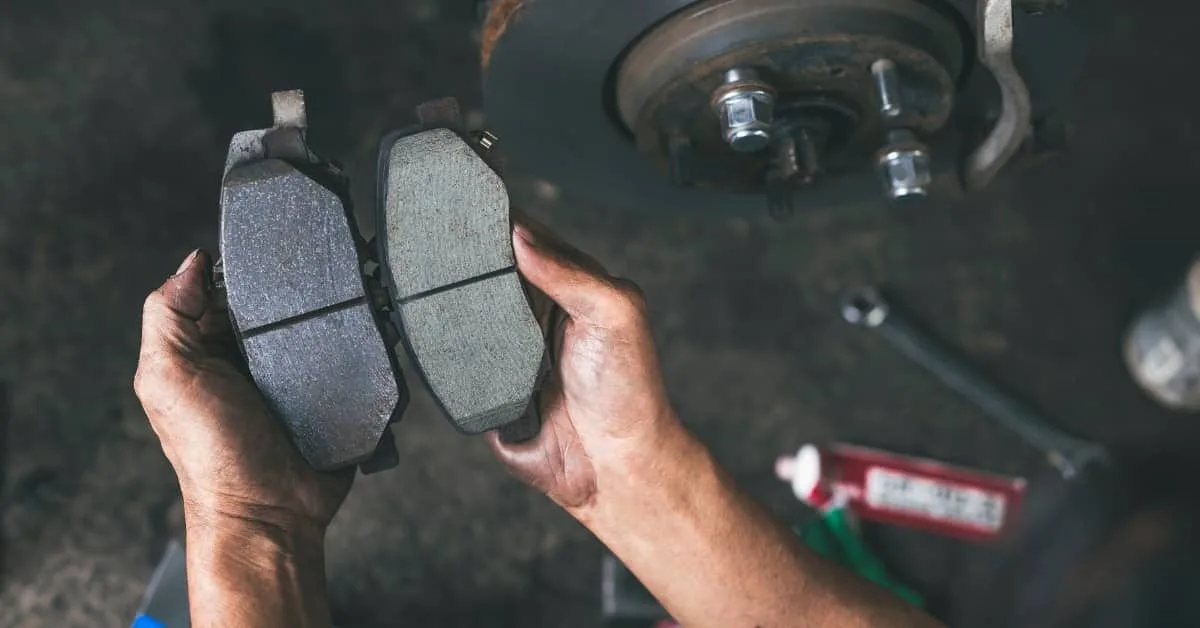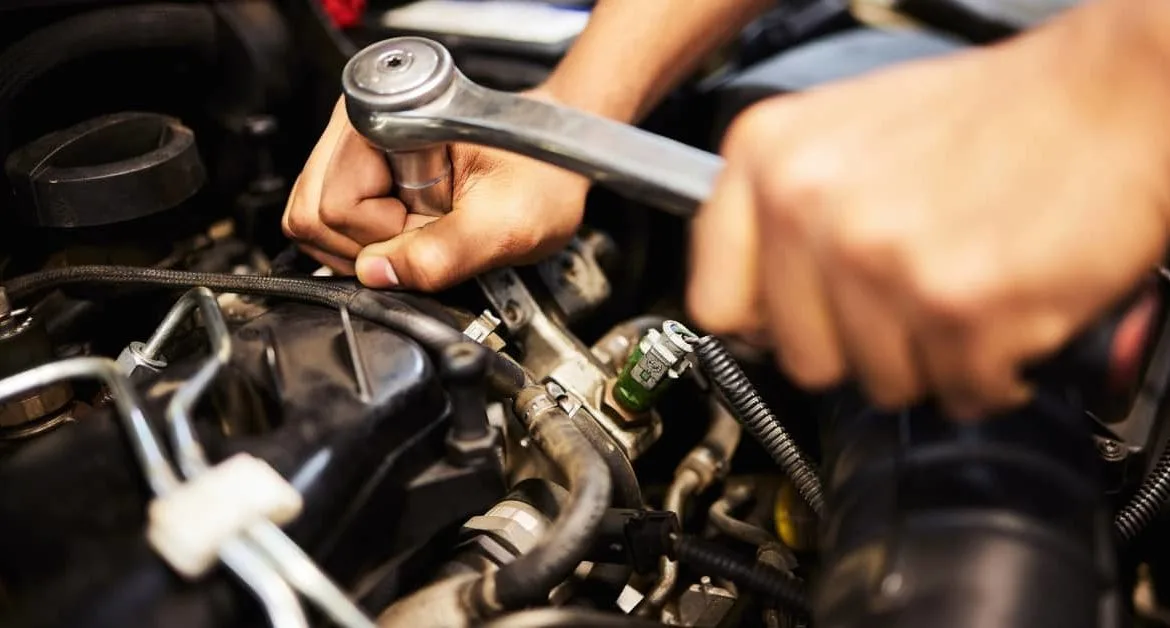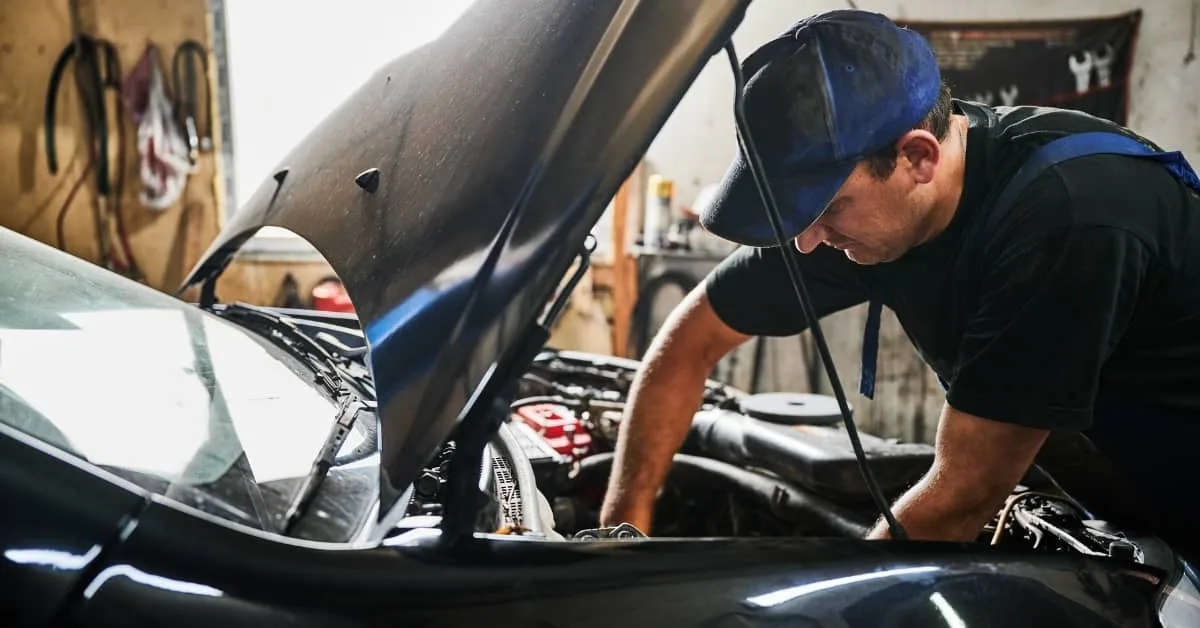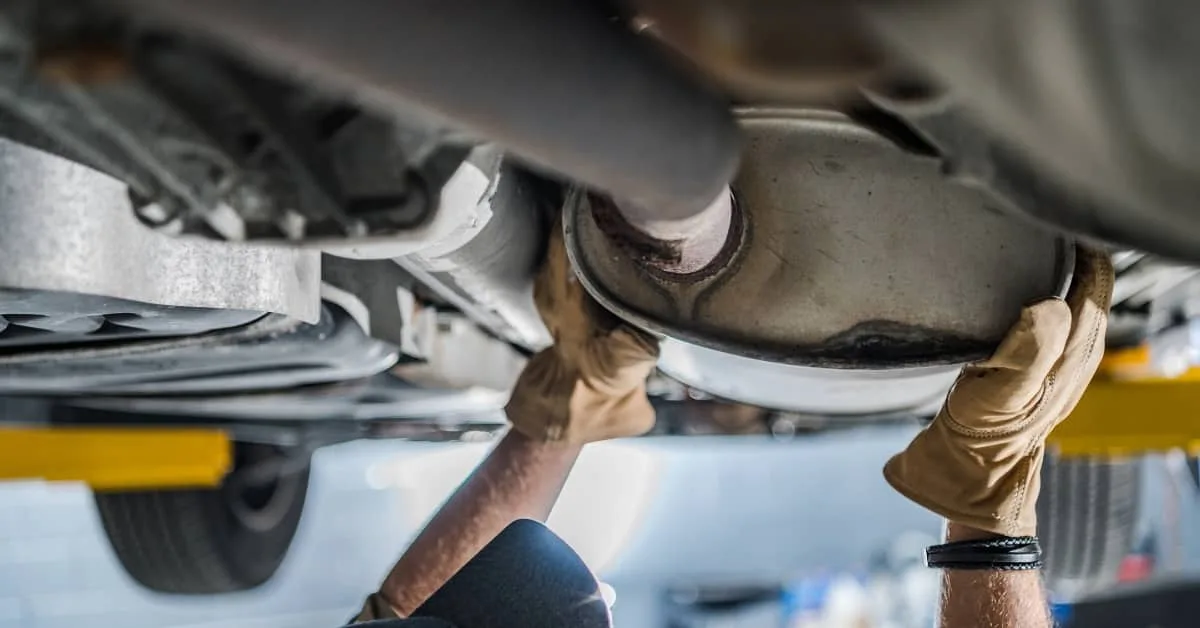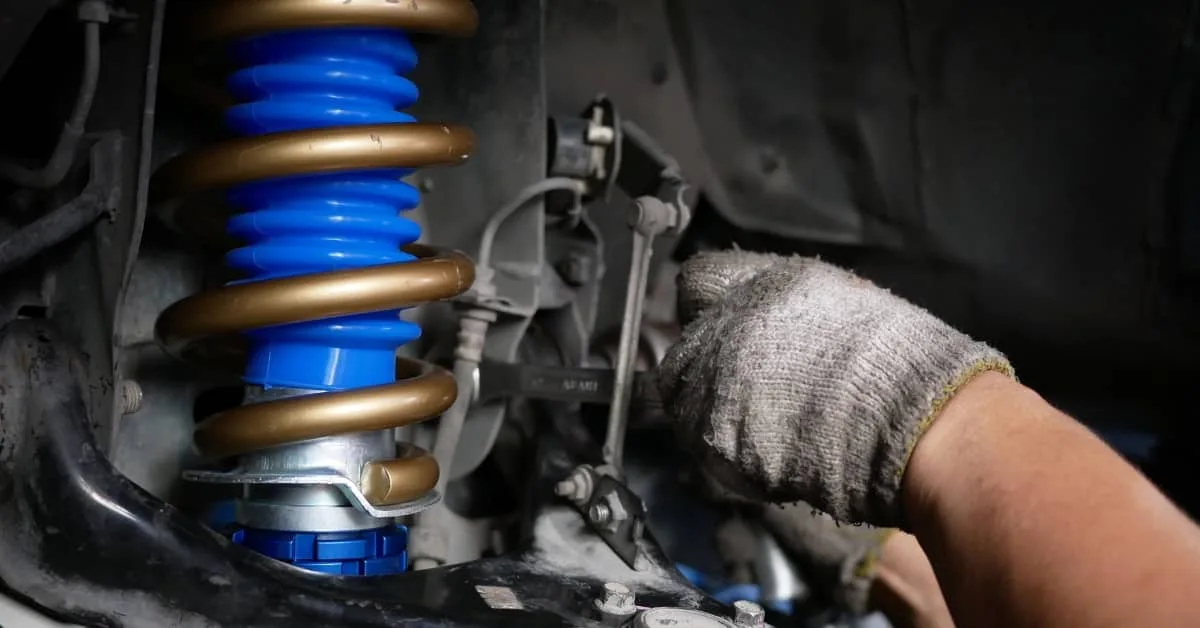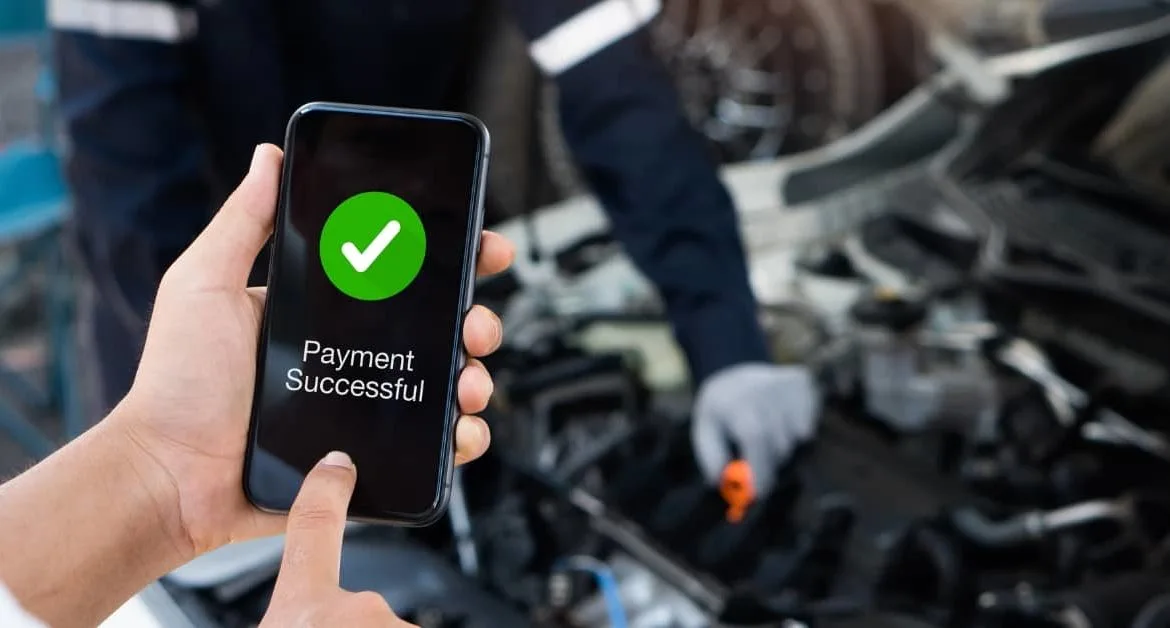The 2025 UK Budget brings a number of tax and policy shifts that will have knock-on effects through the automotive sector, with everything from fuelling your car to how often people visit the garage, and even which types of vehicles become more popular being impacted. This could change what it costs to own, run, and fix a car over the next few years.
Fuel Duty, Road Tax and Everyday Motoring Costs
The 2025 Budget keeps the temporary 5p fuel duty cut in place for now, but sets out a firm plan for duty to rise again. From September 2026, the cut is unwound in phases, and from 2027, fuel duty begins rising with RPI. That creates a slow, predictable climb in fuel prices that feeds directly into the rising motoring costs as a result of the UK Budget for petrol and diesel drivers. Older, higher-mileage vehicles are hit hardest because they consume more fuel, and many of those are the cars most likely to be in and out of workshops.
Vehicle Excise Duty also increases over the forecast period.
Higher registrations and the frozen thresholds for the expensive-car supplement mean many newer or premium ICE and hybrid cars drift into higher tax bands. That impacts purchasing decisions and affects how appealing certain models look once you take total ownership costs into account.
Electric and plug-in hybrid cars face the biggest structural change.
From April 2028, EVs incur a new mileage-based charge. Battery electric cars are taxed at 3p per mile; plug-in hybrids at 1.5p per mile. The OBR’s modelling shows this narrows the cost gap between EVs and petrol or diesel cars, especially for drivers covering long annual mileages. Although EVs remain cheaper per mile than ICE vehicles, the savings shrink. This affects leasing models, whole-life cost calculations and the economics of running an EV long-term.
EV Incentives and the Changing Cost Landscape
The 2025 Budget does include measures that soften some of the impact. The expensive-car supplement threshold for battery electric cars rises from £40,000 to £50,000 in April 2026. That lowers annual running costs for higher-end EVs and shifts some demand upward within the segment. EV purchase grants are also expanded between 2025-26 and 2029-30, which helps offset rising operating costs for those buying new electric vehicles.
Even with these offsets, predictions expect roughly 440,000 fewer EV sales over the forecast period compared with pre-budget projections. However, around 130,000 of these lost sales are regained thanks to the incentives, leaving a long-term EV adoption path that still rises but at a slightly shallower rate. For the automotive sector, the 2025 Budget matters in this instance because it directly influences workshop planning, technician training and long-term investment in charging and diagnostic capability.
The Knock-On Effect on Servicing, Maintenance and Repair
Slower EV uptake still leads to more electric car usage, but the transition is marginally slower than previously expected. That means the jobs garages receive will still be a blend of combustion and electric work for the foreseeable future, with EVs driven slightly less on average because of the new mileage charge and the wear and tear profile shifts. Tyre use, brake wear and battery-thermal load follow mileage, so even small behavioural changes can impact your service patterns.
The budget’s wider economic backdrop matters.
Real household disposable income grows extremely slowly after 2024-25. Frozen income-tax thresholds pull more income into taxation, and inflation is set to stay above target in 2025 and 2026. Households maintain spending partly by reducing savings rather than enjoying rising wages, though there are increases in low-income wages in the budget, too.
This places pressure on discretionary spending, including non-urgent, amber vehicle maintenance. Some drivers will postpone cosmetic work or optional repairs. Others will seek clearer pricing or staged work to manage costs, so flexible car repair finance is highly relevant.
The 2025 Budget Could Mean Rising Garage Labour Rates
The 2025 budget expects nominal wage growth of around five per cent in 2024 and 2025, followed by lower growth from 2026. If you run a repair centre, this pushes labour costs higher in the near term before easing later. With the OBR predicting that unemployment will sit close to five per cent for several years, labour markets remain tight enough that technician recruitment and retention could still be difficult. These structural pressures continue to feed into perceptions of rising garage labour rates as a result of the 2025 budget.
Cost pressures do not stop at wages.
Parts inflation remains elevated, and energy costs, while falling from their peak, still sit above pre-2020 norms. This means that many repair centres might feel compelled to adjust pricing. However, the same cost-of-living environment that raises workshop expenses also makes customers more sensitive to invoices. The competitive advantage increasingly lies not just in expertise but in clarity, predictability and helping customers manage big bills without delaying essential work.
The Broader Market Outlook
A constructive path for the trade.
Macroeconomic forecasts point to moderate GDP growth of around 1.5% a year with a historically high tax burden and limited room for big tax cuts, so the 2025 Budget’s impact on motoring feels like steady cost creep rather than a crisis moment. Drivers keep cars longer, the used market stays important, and demand for essential maintenance remains resilient, giving workshops a solid, if more demanding, operating environment.
The businesses that win are those that adapt.
That means building EV skills into training plans, investing in diagnostics and charging capability, and reshaping the customer journey around flexibility instead of one‑size‑fits‑all pricing. For dealers and independents alike, pairing that operational resilience with modern finance options turns a challenging climate into a chance to deepen loyalty rather than lose work to delay.
How Payment Assist Can Help Following the 2025 Budget
Against this backdrop, Payment Assist’s model, a fintech‑style, digital experience underpinned by the strength of Manx Financial Group and Conister Bank, is well placed to support both workshops and drivers. Interest‑free instalments at the point of repair make it easier for customers to say “yes” to the right job at the right time, protecting safety and vehicle health without forcing them to raid savings.
For garages, that means fewer declined jobs, smoother workflow, and a stronger value proposition when labour and parts costs are under scrutiny. Onboarding is straightforward, there are no hidden fees, and thousands of UK partners already use the platform, giving you a practical, positive way to help motorists navigate post‑Budget motoring costs while positioning your business as a forward‑thinking, customer‑first operator. Sign up for Payment Assist today or get in touch to find out more.
FAQs
Does the mileage-based EV charge replace fuel duty?
No. It narrows the gap between EV and ICE running costs but does not fully replace the fuel duty revenue that the government expects to lose.
Will petrol and diesel cars become significantly more expensive to run?
Yes. Once the fuel duty cut is unwound and RPI uprating restarts, fuel costs rise steadily on top of normal price fluctuations.
Why does the Budget slow EV sales?
The new mileage charge increases running costs for high-mileage EV users. Even with grants and tax adjustments, this reduces projected demand compared with earlier forecasts.
How will repair bills be affected?
Higher labour and parts costs feed into service pricing. Customers may face higher bills for the same work compared to previous years.
Further Reading
- Payment Assist Partners with Purchase Direct to Bring Interest-Free Car Repair Finance to Millions
- Managing Increasing Car Repair Costs for Your Customers
- Payment Assist & Car Care Plan Partner with Nissan to Launch Nissan Instant Service Plan
- We’re Powering Automotive Growth with Our New Business Lending Division




